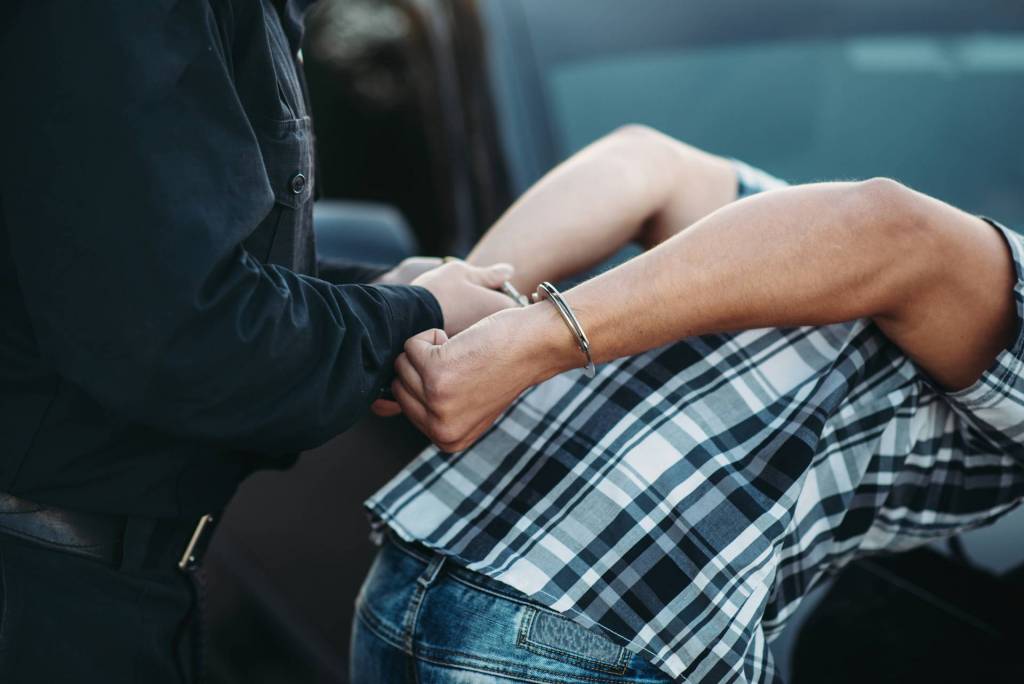Drug laws can be a confusing mess to sort through. Each state approaches the topic slightly differently. Some states make marijuana legal while in others it is a serious crime; how much of a substance is required for a particular charge and details of that nature can be hard to figure out with so much contradictory information out there.
One question that we are asked often is whether you can be charged with more than one drug crime at a time. The answer to that is “it depends.” If the circumstances of the arrest warrant it, then you can absolutely be charged with multiple drug charges at once. However, it is also possible to argue multiple charges down into a single charge or to prove that none of the charges are accurate.
To understand how this works better, we decided to dive into the topic of drug charges. We’ll start by looking at the different types of drug charges you can face. Then we’ll discuss the difference between actual and constructive possession. Finally, we’ll explore how control and knowledge can affect a drug charge.
What Are the Different Types of Drug Charges?
Missouri has several ways that you could be slapped with a drug charge. Some make more sense, such as laws against trafficking drugs, while others seem less important, like our laws against drug paraphernalia.
The important thing is to take a few minutes to understand what is and isn’t acceptable when it comes to drugs. This can help you to avoid accidentally breaking the law or backing yourself up into a corner, such as letting an officer come inside since there are no drugs without realizing that your paraphernalia also leaves you susceptible.
The various types of drug charges in Missouri are:
- Possession: This is the crime of having possession of a substance. It’s severity depends on the substance in question and the amount you were found with. We’ll be talking about possession of an illegal substance more in the next section.
- Sale/Distribution: This is the crime of selling drugs, but it’s important to note the use of the term distribution there as well. Distribution doesn’t imply a transfer of money for product, so it isn’t enough to argue money didn’t change hands. This crime greatly rises in severity should you sell to a minor or near a school, recreational park, or public housing.
- Trafficking: Includes distribution, delivery, manufacturing, production, and distribution of an illegal substance. This may just sound like some of the other charges and that’s because it sort of is. This charge will depend on the amount of the substance, but it looks at similar behaviors to the other charges. The biggest difference, however, is that punishments for trafficking are more extreme for similar charges of sale, cultivation, or the like.
- Cultivation: This is the crime of growing an illegal substance. Most often people are busted for marajuana but other illegal substances can be cultivated and thusly charged if discovered. As with selling, the severity of cultivating an illegal substance increases if it occurs close to a school.
- Paraphernalia: Owning drug paraphernalia may only be a misdemeanor in most cases, but it can still result in a few years in jail and a fine of up to $10,000 depending on the circumstances.
Any number of these could be charged at a time, especially if there are multiple substances in different amounts.
What’s the Difference Between Actual and Constructive Possession of an Illegal Substance?
Possession charges tend to be the most common, since more people are likely to simply possess an illegal substance than they are to sell it or manufacture it. With possession charges, an important factor is the individuals control and knowledge of the substance in question.
The other factor that is important is to understand actual and constructive possession. If an individual has control and knowledge of a substance, it doesn’t matter whether they had actual or constructive possession but which you are accused of can have a great baring on your defensive approach.
- Actual Possession: This means that the substance was found on your person or within easy reach. So if you were searched for drugs and they were found on you, this would be actual possession. It would also be actual possession if drugs were found in the backpack you left on the edge of the football field or another similarly close but not-directly-on-your-person example.
- Constructive Possession: This is the type of possession where you don’t have the drugs on your person but the police can link them to yours. For example, if they witnessed you sell drugs and then stopped you and found nothing then they could still argue constructive possession for those that they witnessed you sell. They weren’t on you, but you exercised control of them.
How Does Control and Knowledge Affect Drug Charges?
Control and knowledge are both key elements the state has to prove in order to convict you of a possession charge.
Control refers to your possession of the substance. If you have it on your person, then you are clearly in control of it. It can be harder to prove control should you be faced with constructive possession rather than actual possession.
Knowledge refers to what you know about the substance. If you don’t know about the substance in question then you can’t be guilty of possession. So if somebody slipped some drugs into your backpack, say they knew they themselves were about to be searched and so they hid the drugs, you would not be the guilty party in this situation.
Knowledge can also mean you didn’t realize it was an illegal substance. For example, consider marijuana edibles. Many of these packages are colorful and based on famous candy wrappers. You’re at a friend’s house and steal a bag of M&Ms from them without realizing they were edibles. It could be argued you didn’t have knowledge in this situation, though labeling on the packaging may not make this the best argument.
Should I Work with an Attorney?
A drug crimes attorney can be a lifesaver when faced with multiple drug charges. They can help you build a defense, argue down the charges, and fight for your freedom. Don’t face the state alone, work with a trusted attorney for the best shot at success.




